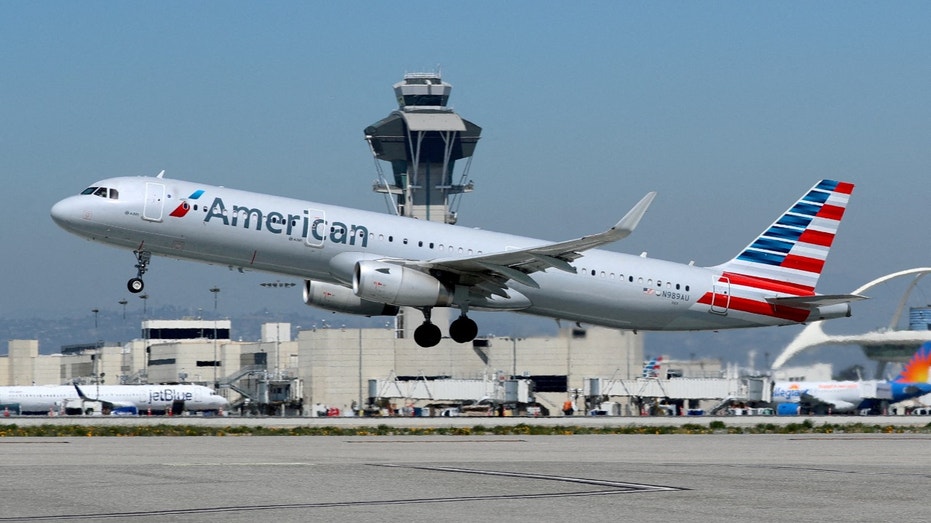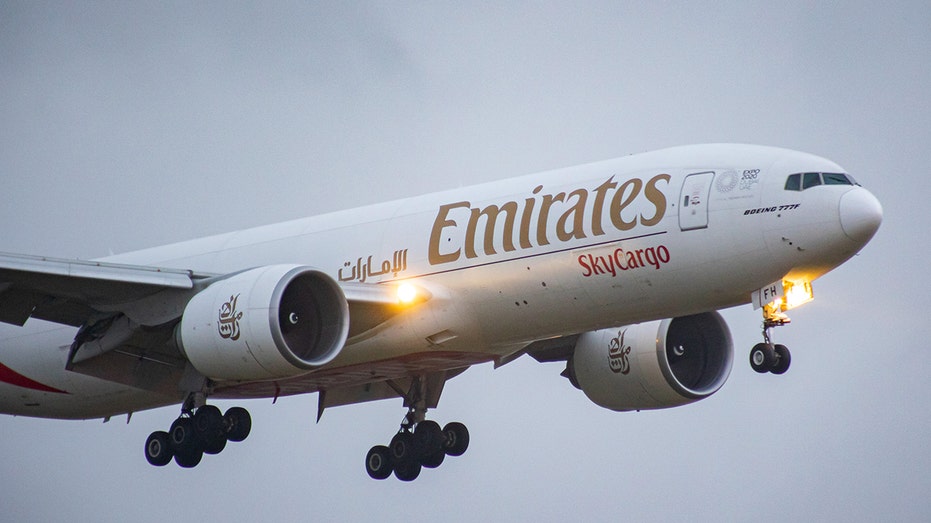Airbus to push ahead with production increases as Boeing lags
Plane maker reports rise in quarterly profit as it delivers more jets despite supply-chain snags
Airbus SE plans to ramp up production over the course of next year, despite persistent supply-chain disruption, as the European plane maker extends its lead over rival Boeing Co. in the crucial market for smaller jets.
The Toulouse, France-based company confirmed plans on Friday to lift production of its A320 aircraft from about 50 a month at the end of this year to 65 a month by early 2024, one of the fastest increases in the company’s history. The move comes not only as demand for Airbus’s family of A320 narrow-body aircraft outstrips that for Boeing’s rival 737 MAX, but also as both plane makers grapple with continuing supply-chain issues.
Airbus has been gaining market share over Boeing since the grounding of the 737 MAX, with the split between the two most popular narrow-body programs at 61-39 in favor of the A320neo as at the end of September, according to an analysis of both companies’ backlogs by research firm Agency Partners.

American Airlines Airbus A321-200 plane takes off from Los Angeles International Airport in Los Angeles March 28, 2018. (Reuters/Mike Blake / Reuters Photos)
BOEING TO PAY $200 MILLION TO SETTLE SEC INVESTIGATION RELATED TO 737 MAX CRASHES
The market-share split is a closely watched measure in the aerospace duopoly. As Airbus extends its lead, the company is able to produce more aircraft, enabling it to push for better pricing with suppliers that it can use to either boost profitability or undercut pricing from Boeing.
On Friday, Airbus reported a 65% rise in third-quarter net income to 667 million Euros ($665 million), boosted in part by higher deliveries and more orders for its A320neo family of jets, including its newest and biggest variant, the A321.
Airbus
| Ticker | Security | Last | Change | Change % |
|---|---|---|---|---|
| EADSY | AIRBUS SE | 54.95 | -3.97 | -6.74% |
Airbus Chief Executive Guillaume Faury said on a call with analysts that the company was working to get better deals with suppliers, which is becoming more important at a time of higher inflation.
Improving fortunes at Airbus stand in contrast to Boeing, which on Wednesday lowered its guidance for MAX deliveries and reported a third-quarter loss.
Still, Airbus’s plans to increase aircraft production are not without challenges. Supply chains are still reeling from the historic downscaling at the start of the COVID-19 pandemic, when airlines were pushing to defer and cancel orders. The company had initially hoped to increase production even quicker, but in July, deferred plans to hit its 65-a-month goal by about six months because of the constraints.
At the outset of the pandemic, Airbus cut its output of A320 family jets from 63 a month to 40. That level was higher than the market warranted at the time, but kept factories ticking over, putting them in a better position to increase production when air travel began to recover. The bet is now paying off as demand bounces back faster than both airlines and manufacturers predicted.
Airbus, which has said it does not have availability for new A320 orders until 2028, is planning a further production increase to 75 jets a month by 2025 to meet demand.

Emirates SkyCargo airline Boeing 777F aircraft with registration A6-EFH is landing at Amsterdam Schiphol Airport AMS EHAM in the Netherlands during a rainy weather evening. (Nicolas Economou/NurPhoto via Getty Images / Getty Images)
Suppliers have been scrambling to recover their operations, leading to delivery delays at both Airbus and Boeing. Airbus on Friday said that one of its biggest bottlenecks—the supply of engines from General Electric Co. and Raytheon Technologies Corp.’s Pratt & Whitney — had improved, with those companies now meeting their commitments. That has enabled Airbus to reduce the number of so-called glider aircraft sitting at its factories and waiting for engines to be delivered to fewer than 10, down from close to 30 in the middle of the year.
| Ticker | Security | Last | Change | Change % |
|---|---|---|---|---|
| GE | GE AEROSPACE | 334.60 | +5.15 | +1.56% |
| RTX | RTX CORP. | 205.20 | +0.39 | +0.19% |
However, Airbus expects significant supply-chain challenges to persist well into next year because of labor shortages and strains on the supply of raw materials.
"We have a lot of parts arriving late," Faury said on a call with reporters. "It will take at least until the middle of next year, or maybe probably now a bit more, to stabilize."
Overall, Airbus on Friday stuck to its target of delivering 700 commercial aircraft this year despite delays from its suppliers. As of the end of September, Airbus had delivered 437 jets to customers, leaving it with 263 to hand over in the final three months of the year. In July, the company lowered its delivery target from 720 in the face of supply-chain challenges.
Boeing
| Ticker | Security | Last | Change | Change % |
|---|---|---|---|---|
| BA | THE BOEING CO. | 233.71 | -5.21 | -2.18% |
CLICK HERE TO GET THE FOX BUSINESS APP
In contrast, Boeing on Wednesday lowered its guidance again for MAX deliveries, saying it now expects to deliver 375 jets this year instead of a "low 400s" forecast it gave in July. The company originally said in January that it planned to hand over about 500 of the plane in 2022. Boeing said it was still struggling with late engine deliveries, despite feedback from GE and Safran SA—its engine providers—that they were catching up on earlier delays.
Boeing said it plans to stick to its current monthly MAX production rates in the low 30s for most of next year.
Airbus also said on Friday that it is looking at increasing production rates of its wide-body aircraft as demand for international travel recovers and airlines look at ordering bigger planes used on longer routes.




















